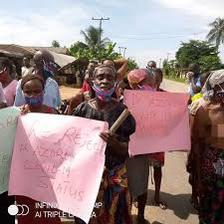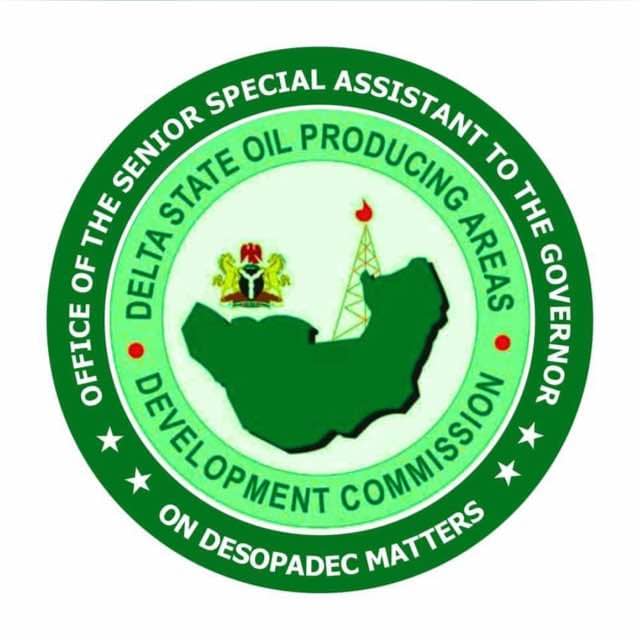
the women of ogoni will resort to a nude protest if oil exploration resumes in their territory without addressing critical environmental and social issues. This declaration, made by a coalition of 15 Ogoni women’s groups, signals a renewed and intense resistance to the resumption of oil activities, which have been suspended since the 1990s.

The women’s groups, operating under the banner of the ‘Ogoni Women Coalition for Sustainable Environment’ and others, articulated their concerns in a joint statement released in Port Harcourt. They emphasized that the fundamental grievances that led to the cessation of oil extraction decades ago remain unresolved. These include environmental degradation, lack of justice for past atrocities, and the continued exclusion of Ogoni women from crucial decision-making processes.
Dr. Mrs. Patience Osaroejiji, leader of the Mba Okase Initiative, underscored the women’s determination to take drastic measures. She stated that if the government proceeds with oil resumption plans without addressing their concerns, Ogoni women will “come out en masse and protest naked until the world hears us.” This threat highlights the depth of their frustration and their willingness to employ culturally significant forms of protest to draw international attention to their plight.
READ:https://naijanewswatch.com/the-death-of-abubakar-lawal/
A central grievance of the Ogoni women is their perceived exclusion from ongoing discussions about oil resumption. They claim that they are being neglected in consultations, despite being directly affected by the environmental and social consequences of oil exploration

This lack of representation further fuels their distrust of the government’s intentions and reinforces their resolve to resist any unilateral decisions.
Lezina Pat Ntetep, Coordinator of Eedee Ladies of Tai, read a statement titled “Ogoni Oil Again in the Eye of the Storm, Ogoni Women Stand Against Oil Resumption in their Land.” She highlighted the decades of suffering endured by Ogoni communities due to the adverse impacts of the oil industry.
Ntetep emphasized that the demands outlined in the Ogoni Bill of Rights, which precipitated the halt of oil operations, have not been met.
Ntetep specifically pointed out the lack of justice for families who lost lives and livelihoods during past conflicts, as well as the failure to bring perpetrators of violence to account. She also raised concerns about the ongoing environmental pollution and the incomplete implementation of the United Nations Environment Programme (UNEP) recommendations for cleanup.
In their statement, the Ogoni women called for an immediate halt to any plans for oil resumption. They urged the government to prioritize the ecological restoration of the region, decommission aging oil infrastructure, provide alternative livelihoods for affected communities, and ensure justice for past grievances. Their demands reflect a comprehensive approach to addressing the complex issues that have plagued the Ogoni people for decades.



